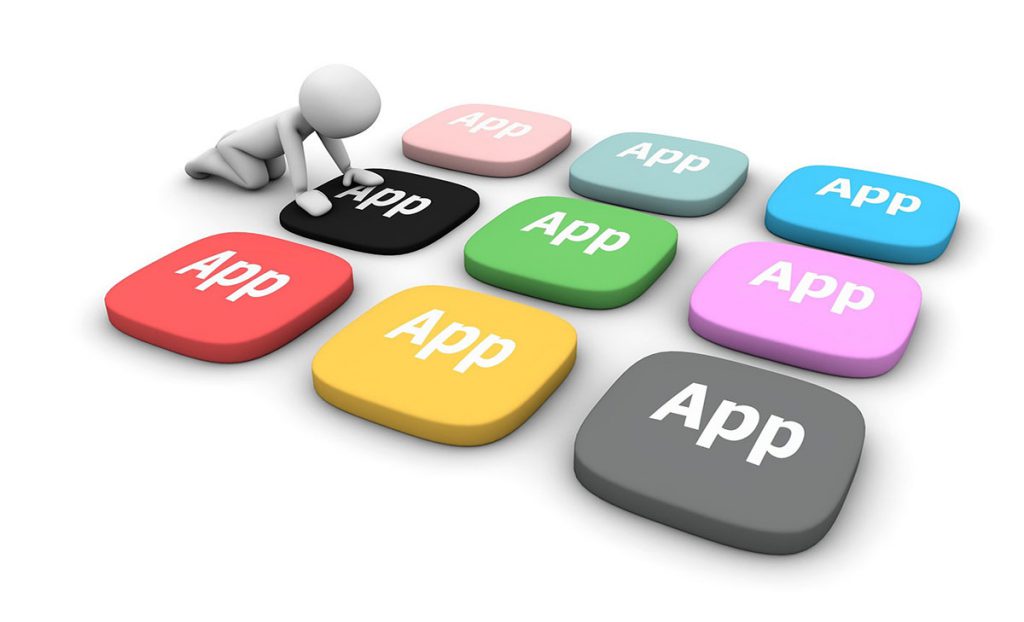Affidavit to transfer shares in Kenya
Affidavit to transfer shares in Kenya Affidavit to transfer shares in Kenya for a private company in Kenya is an affidavit sworn by the transferor

With the widespread adoption of smartphones and increasing internet penetration, mobile applications (apps) have become integral to daily life worldwide. In Kenya, the development of mobile apps—especially those related to financial technology (FinTech)—has significantly impacted the financial services industry. Kenya, home to the revolutionary mobile money service M-PESA, continues to lead in the mobile app space.
Mobile apps are usually developed by software developers on behalf of clients. It is essential that both developers and app owners ensure their intellectual property (IP) rights are properly protected. To achieve this, the mobile app software development agreement must clearly outline who holds ownership of the app’s intellectual property.
If confidentiality is a concern, clients should require developers to sign a non-disclosure agreement (NDA) to safeguard ideas and sensitive information.
In cases where employees create mobile apps during their employment, employers must include clauses in employment contracts specifying that the intellectual property developed by the employee belongs to the employer. If the developer is a corporate entity, deeds of assignment should be signed, transferring all rights to the client. Additionally, developers should waive their moral rights to prevent objections to how the app is modified or used.
After a mobile app is developed, securing its protection is crucial. This allows the owner to enforce their rights if third parties infringe on the app. There are four primary forms of legal protection available for mobile apps in Kenya:
Copyright: Protects components such as the source code, object code, graphics, and text. Although copyright protection automatically arises when work is captured in a tangible form, registration is recommended as it provides prima facie evidence of ownership.
Trademark: A trademark protects the name or logo of the app. Before registering or using a trademark, it is essential to conduct a trademark clearance search to ensure its availability. Trademark registration should be pursued in all jurisdictions where the app is expected to be used. Additionally, app owners can register domain names linked to websites associated with the app.
Patent: Mobile app processes or methods may be patentable, such as how the app interacts with servers or other devices. To qualify for patent protection, the invention must be novel and involve an inventive step. Patent protection lasts for 20 years from the filing date.
Utility Model: If a mobile app cannot meet the requirements for patent protection, a utility model certificate may be obtained. Utility models do not require inventive steps and protect for 10 years from the filing date.
In addition to IP protection, mobile app owners should establish clear terms and conditions to govern how users and third parties interact with the app. These should cover the following aspects:
Limitations of liability: Specify the extent of the app owner’s responsibility for issues arising from app use.
Privacy policy: A comprehensive privacy policy is essential, detailing how personal data collected from users will be handled in compliance with Kenyan data protection laws.
The terms and conditions also define the rules for the use of services offered by a startup or business. These apply to members, subscribers, advertisers, and visitors, and by accessing the services, users agree to comply with the stated terms.
Proper legal protection of mobile apps in Kenya involves securing various forms of IP rights, including copyright, trademarks, patents, and utility models. Additionally, app owners must implement strong terms and conditions and privacy policies to safeguard user data and mitigate liability risks. Ensuring these protections are in place helps developers and business owners defend their rights and continue to innovate in the mobile app industry.
If you’d like us to help you with anything about:
Please fill out the form below and we’ll contact you as soon as we receive it. Or click the WhatsApp Button to start a conversation.
Share on
Affidavit to transfer shares in Kenya Affidavit to transfer shares in Kenya for a private company in Kenya is an affidavit sworn by the transferor
Partnership Deed in Kenya A Partnership Deed outlines the framework for a partnership, ensuring clarity in rights, responsibilities, and operations. Below are its key requirements
Drafting a Trust Deed for a Pension Fund in Kenya Introduction At the heart of every pension fund in Kenya lies a trust deed—a legal
Royal Offices |1st Floor | No. 17 Mogotio Rd, Off Chiromo Lane Westlands.
+254726328555
info@swkadvocates.com
Silvana & Associates. Advocates, Commissioner for Oaths & Notary Public.
Book Your Legal Consulting with us in less than 5 minutes.
Royal Offices |1st Floor | No. 17 Mogotio Rd,
Off Chiromo Lane Westlands.
Silvana & Associates. Advocates, Commissioner for Oaths & Notary Public.